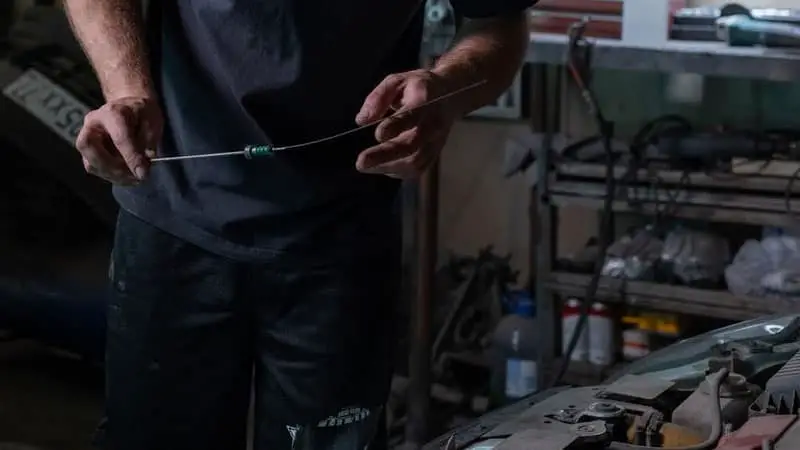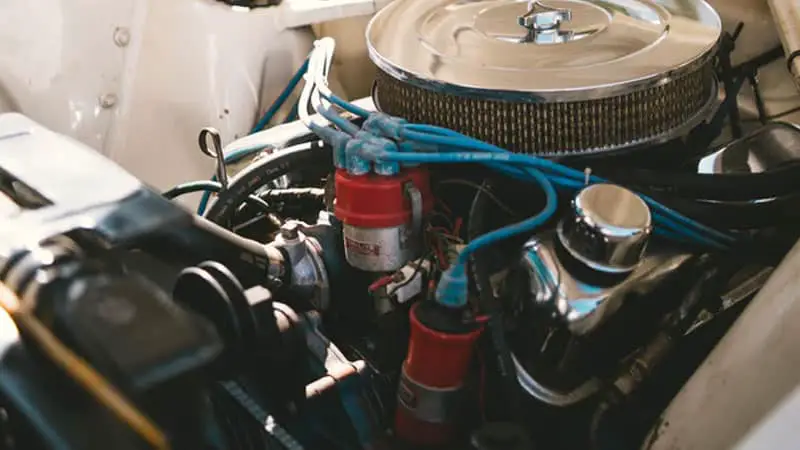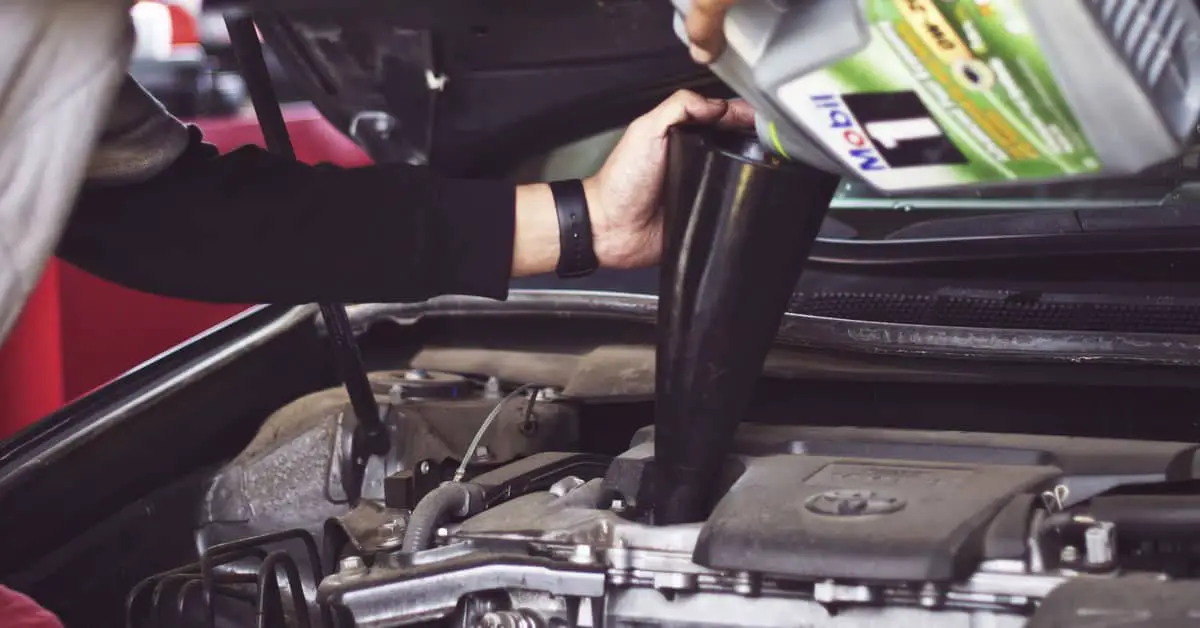Unlike in the past, owning a vehicle is pretty much necessary for everybody. With a car, you’ll be independent of others to move from one place to another. Besides, owning a vehicle will also save you a lot of time trying to wait for public buses to come around before going to work. However, you need to understand that cars aren’t without their problems.
Owning a car comes with a lot of expenses and work. You’ll need to inspect the car almost every day, ensuring that it’s always in good working conditions. Moreover, changing the engine oil regularly is one of the things you’ll have to do to keep the vehicle running smoothly.
Cars need oil for several different reasons. The primary function of motor oil is to lubricate the moving components of the engine, reducing friction and keeping them running smoothly. Besides that, oil also helps to reduce the build-up of heat in the engine.
In the rest of this post, I’ll share everything you need to know about engine oil works, including its benefits for cars, how it works, how to choose the best products, and a few others. So, without wasting any time, let’s get straight down to business.
What Is Engine Oil and How Does It Work?

Before going ahead to talk about the good that engine oil offers cars, here’s a quick question; what is engine oil and how does it work?
Motor oil (or engine oil) is a lubricant found inside the internal combustion engine. It is there to continuously lubricate the moving components of the engine, keeping them running smoothly and reducing friction.
Here’s how motor oil works inside the internal combustion engine:
- Through the oil pan, motor oil is added to the combustion engine.
- As soon as it goes into the engine, it flows to the moving parts of the engine, such as the engine oil pump, oil filter, pick-up tube, pressure relief valve, sump, galleries, and a few others.
- The bulk of the oil is usually stored in the sump, while the filter is what removes impurities from the oil before being pumped into the motor with the help of our pump.
- The addition of oil inside the engine is to keep these moving parts running smoothly.
- As soon as it touches these components, it starts by coating them. This way, it’ll help to reduce friction even when the moving parts touch each other.
- Furthermore, as oil moves around the moving parts, it also absorbs and transfers heat away from the lubricated components during operation.
Why Do Cars Need Oil?
The primary function of motor oil inside the car is to help lubricate all the moving components of the internal combustion engine. This way, it’ll help to reduce friction, which could happen when the engine is running and the parts are touching each other.
The car engine is no doubt one of the most essential components of a vehicle. In broad terms, the engine has three key components, including the sump, the head, and the block. The cylindrical head is the channel that allows fuel to enter the engine chamber. It has several different components, such as camshafts and valves.
The second key component of the engine, as previously stated, is the block. Here’s where internal combustion takes place. It consists of several different components, such as the piston and the combination chamber. The last key component of the engine is the sump, which usually contains the bulk of the oil. It consists of the oil filter and the oil pump.
Furthermore, the internal combustion engine has several different moving parts, such as the connecting rods, the crankshaft assembly, the camshaft, the piston assembly, the valves, and the gear train. The crankshaft assembly consists of a flywheel and vibration dampener.
After applying oil through the oil pan, it moves to all the moving parts of the engine. As earlier mentioned, the purpose of the oil is to keep the moving parts coated with an oil film.
During operation, the moving parts tend to move and rub against each other. And when this happens, it could lead to friction, which creates heat inside the engine. In case you don’t know, friction is the force that resists the sliding of one surface or object over another.
Here’s where motor oil comes in handy. After applying engine oil, it flows directly to all the moving parts through the pan, lubricating them. As earlier mentioned, these components are first coated with lubricating film or oil film, which helps to create a slip effect.
The slip effect, as a result of oil film, helps to reduce friction and wear. It also absorbs excess heat from the moving parts of the engine, ensuring they run smoothly.
How Often Should You Change Your Car Engine Oil?

Since motor oil helps to lubricate the moving parts of the engine to reduce friction and excessive heat, the next question is; how often should you change it?
In the past, the recommended interval to change engine oil is after every 3,000 miles covered by your vehicle. However, things aren’t how they used to be anymore. For modern vehicles, the recommended change interval for oil inside the engine is between 5,000 miles and 7,500 miles.
One interesting thing about modern cars is that they come equipped with oil monitoring sensors. These systems will signal to you as soon as there’s a need for an oil change inside the engine.
Other warning signs that you’ll get to understand that it’s time to replace your car motor oil include the following:
- If you notice that the oil change light is on, it’s a sign that you need to replace the oil.
- Another warning sign that you’ll get is engine noise and knocking.
- Can you notice dark and dirty oil inside your car? If yes, that’s another warning sign your car needs new motor oil.
- Exhaust smoke, oil smell from inside the car, and excessive mileage are other warning signs to understand that it’s time to change your engine oil.

